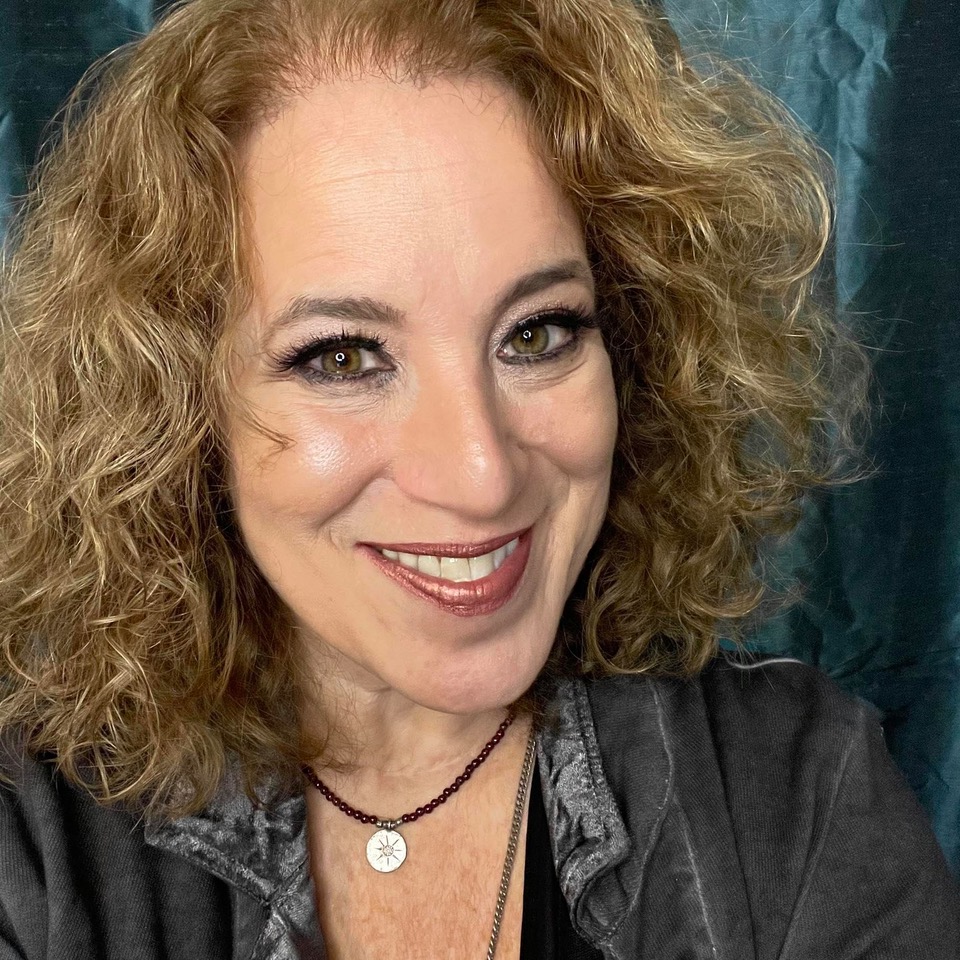Bedell Guitars Exposes the Clear Cutting & Oregon Forest Practices Act
When the U.S. surreptitiously conducted thermonuclear tests in the Bikini Atoll in the early 1950s, Pacific Islanders were transported from test sites to distant islands for safety.
In spite of this thoughtful gesture, atomic downfall drifted in the opposite direction predicted and ash rained down upon islander foreheads. In the aftermath, some people died quickly.
Some died slowly in the months and years following the tests. In the decade that followed, babies were born without faces and bones, little jellyfish destined to live on land. Today, traces of atomic matter are found in the DNA of fish inhabiting the waters enveloping the Atoll.
From DDT to Agent Orange to everyday urban smog, history is crammed with cases of contaminants furtively or flagrantly poisoning the environment and people, whether as an act of war, agriculture or forestry, industry, or plain human experimentation. We know how toxic these compounds are in doses large and small. We gasp in horror when we hear about entire communities suffering from pollutant-induced illness. And then we continue to disperse pollutants, tolerate pollutants, enable those polluting. In the small coastal community of Rockaway Beach, Oregon, citizens are drawing the line.
Here, private timber companies may spray herbicides from helicopters near waterways and residential areas, more or less, whenever they feel like it. It’s no secret; there’s no rush to relocate people who might be rained upon. In fact, videos of choppers spraying chemicals onto workers below have been captured and shared with the public.
Kate Taylor, a fishing guide and activist for Citizens of Rockaway Beach for Watershed Protection, can stand at her kitchen sink and look out the window to a clear-cut hillside. A few times a year from spring to fall, a helicopter putters to and over the denuded slope, spraying weed killer. At the base of this hill runs Jetty Creek, a waterway critical to Coho and Steelhead fish. The creek flows into the Pacific at Nehalem Bay, a popular spot for clam digging, crabbing, salmon fishing and recreation. The local high school is within a half mile of the timber site.
“It’s an insane practice,” says Kate. “This is one case happening in my community, but this is taking place up and down the Oregon Coast.”
All the latest guitar news, interviews, lessons, reviews, deals and more, direct to your inbox!
Why is such a blatantly hazardous practice permitted? Under the Oregon Forestry Practices Act, an archaic set of rules regulating the timber industry on private land, companies may liberally manage their forests.
In Rockaway Beach, two companies share 1,400 acres of private land spread across a steep slope. From 2006 to 2012, more than 80% of the holding was clear-cut, including areas along feeder creeks, immediately to bank of Jetty Creek, and within a critical wetland. This denudation created increased turbidity in the formerly gin-clear creek. To protect drinking water, the town invested 1.5 million taxpayer dollars to upgrade filtration systems at the water treatment facility.
In order to re-plant trees for the next round of harvest, companies douse the slope with herbicide, to kill weeds that might choke out saplings. Spraying takes place from spring to fall. Residents living down- or upwind of the spray site do not receive notification when these spray session take place. Neighboring states with equally strong timber roots, Idaho and Washington, are much more stringent with buffer zones, public notification and corporate accountability.
For a $25 fee, Oregon residents may be placed on an advance notification list. The notification provides customers a loose six-week to six-month window as to when spraying will take place, that is, “We will be spraying somewhere between July 15 to September 25.” This means, a citizen of Rockaway Beach may be walking, fishing, or sitting on their back porch when a chopper arrives to spray. As Oregon Live explained, “The sound of an approaching helicopter will remain Oregonians’ only formal notice that chemicals are about to be sprayed next door.”
“You can’t protect yourself here,” says Kate. “It’s bad press for Oregon, which touts itself as the Evergreen State and a leader in forward-thinking sustainable solutions to everyday life and livelihood practices.”
This spring, Kate teamed up with Off the Grid Studios to produce a short film on the issue with the intent to raise awareness in communities up and down the coast. She and Citizens of Rockaway Beach screened the film locally in late April.
The group’s aim is to push legislators to ratify practices that protect human and ecosystem health: creating safe buffer zones, enforcing reasonable advanced notice of aerial sprays and public access to the chemicals employed by timber companies. Their aim is not to shut down logging.
“A logger needs clean, healthy water for his family just like the rest of us. Everyone wants clean water and air. We want to advocate for change so that we don’t have to worry. There are plenty of appropriate places to log, but in the heart of our small community is not one of them,” emphasizes Kate.
Join Citizens of Rockaway Beach for Watershed Protection in signing a petition to Oregon legislators to revamp the Oregon Forest Practices Act to protect humans, wildlife and waterways.
We know the legacy that contaminants leave upon our landscape and in our blood. Click here to sign the petition today.
Acoustic Nation is written by Laura B. Whitmore, a music industry marketing veteran, music journalist and editor, who has contributed to Parade.com, Guitar World, and others. She has interviewed hundreds of musicians and hosts the She Rocks Podcast. As the founder of the Women’s International Music Network, she advocates for women in the music industry and produces the annual She Rocks Awards. She is the Senior Vice President of Marketing for Positive Grid, making the world safe for guitar exploration everywhere! A guitarist and singer/songwriter, Laura is currently co-writing an album of pop songs that empower and energize girls.

